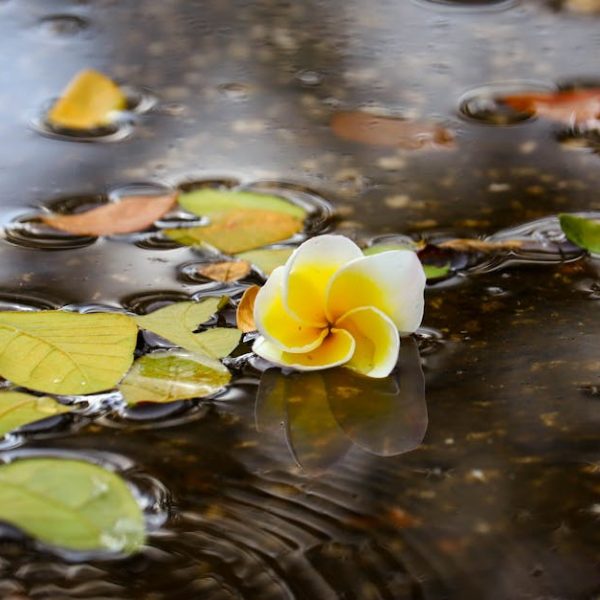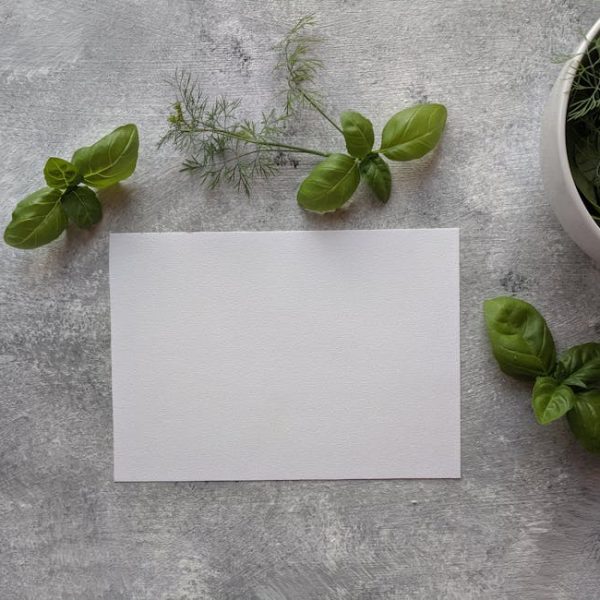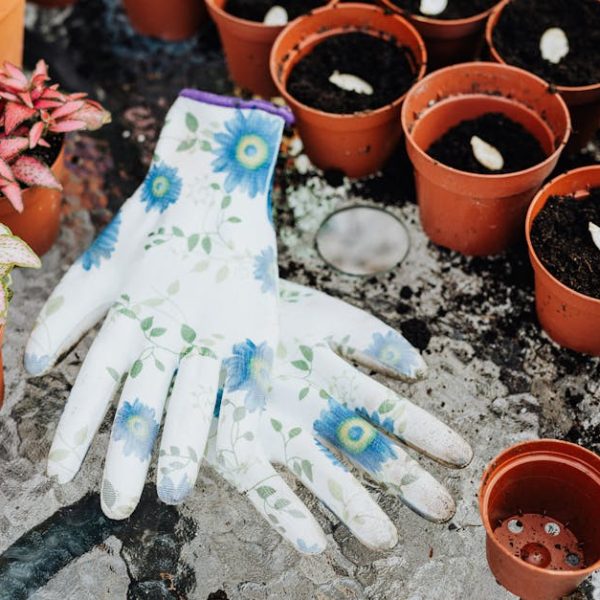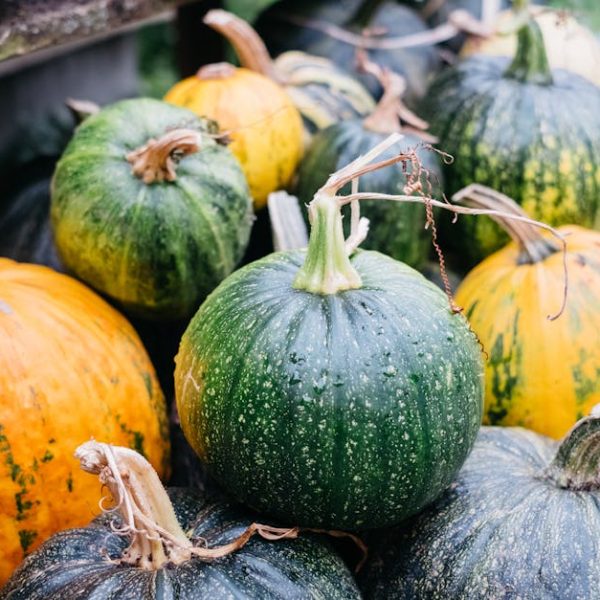When it comes to organic gardening practices, two popular methods often come to light – mulching and composting. While both of these techniques offer unique benefits to enhance the health, productivity, and aesthetics of your garden, it’s important to understand their key differences to maximise their potential.
An overview of Mulching and its Benefits
Mulching is the process of covering the soil around plants with organic or inorganic materials such as straw, bark chips, grass clippings, or plastic. The primary purposes of mulching are to protect and insulate the soil, to lock in moisture, control weeds, and improve the overall visual appeal of your garden. It acts as a barrier against the harshness of weather fluctuations and prevents soil erosion, contributing towards a stable environment for plants to thrive.
Benefits of mulching include but are not limited to:
- Soil Insulation: Mulch acts as a buffer from extreme temperature fluctuations, providing a favourable condition for root growth, particularly in the hot summers and cold winters.
- Moisture Retention: It helps in retaining soil moisture by reducing evaporation, ensuring that your plants receive ample water.
- Weed Control: It restricts the germination of weed seeds by blocking sunlight, thus curbing their growth.
- Visual Appeal: Utilizing colored mulch or aesthetically pleasing materials can boost the eye-pleasing quotient of your garden.
A pro tip while using mulch: ensure you apply a thick enough layer (usually 2-4 inches) to block sunlight effectively but avoid piling it against tree trunks or plant stems to prevent fungus and rot.
An overview of Composting and its Benefits
Composting is a natural process that involves the decomposition of organic matter – think decaying plant material, food scraps, coffee grounds – into nutrient-rich soil conditioning known as compost. Using compost in the garden can improve the structure of your soil and enrich it with essential elements, as well as aid in recycling kitchen and yard waste.
Benefits of composting include:
- Soil Nutrition: It enriches the soil with essential nutrients and microbes, promoting healthy plant growth.
- Waste Management: Composting helps in turning green waste into valuable garden gold, serving an important role in waste reduction.
- Pest Resistance: Healthy soil developed from composting can aid in making your plants more pest resistant.
A best practice for using compost is to spread it over your garden soil at least once or twice a year to infuse it with nutrient content and improve soil structure. For compost piles, remember to turn them regularly for aeration and faster decomposition.
Understanding the Key Features of Mulch
Mulch primarily serves as a protective cover for the soil, coming in a variety of textures and materials. The most common types of mulch are shredded tree bark, grass clippings, compost, straw, and plastic. Each type carries its own set of characteristics that suit different plants, climates, and gardening purposes.
Here is a focused comparison of organic and inorganic mulch:
| Type | Pros | Cons |
|---|---|---|
| Organic Mulch (Shredded Bark, Grass Clippings) | – Improves soil fertility upon decomposition. – Provides natural, rustic aesthetic. |
– May need to be replaced regularly. – Can generate weed growth if not correctly applied. |
| Inorganic Mulch (Plastic, Rubber Chips) | – Longer-lasting. – Effective weed control. |
– Does not add nutrients to the soil. – Can heat soil excessively in sunny conditions. |
Before choosing your mulch, consider factors such as climate, soil type, plant species, and visual preference. Mulch should be reapplied as needed, especially when it has visibly decomposed or blown away.
Understanding the Key Features of Compost
Compost is essentially decomposed organic material, filled with nutrients that enrich the soil. The quality of compost often relies on the balance of green (nitrogen-rich) waste and brown (carbon-rich) waste, along with regular aeration and moisture.
Here’s a comparison between homemade compost and store-bought compost:
| Type | Pros | Cons |
|---|---|---|
| Homemade Compost | – Cost-Effective. – Environmentally friendly way to recycle waste. |
– Requires work and maintenance. – Incorrect composting can breed pests or produce bad odor. |
| Store-Bought Compost | – Convenient. – Consistent in nutrient content. |
– Can be expensive. – Potential for non-organic materials or chemicals. |
A good rule of thumb in composting is to maintain a balanced ‘recipe’ and to turn the compost pile regularly to ensure quick, foul-odorless decomposition. Compost is ready when it appears dark, crumbly, and sweet-smelling.
Contrasting Mulching and Composting: Key Differences
Though sometimes used interchangeably, mulch and compost have distinct roles in gardening with different preparation methods and benefits. Mulch serves as a protective cover, regulating soil temperature, and moisture, while compost improves soil structure and nutrient content as a soil conditioner.
Some important differences between mulching and composting include:
- Application: Mulch is placed around plants, while compost is mixed into the soil.
- Material: Mulch can be organic or inorganic, while compost is strictly organic matter.
- Purpose: Mulch primarily controls weeds and regulates temperature and moisture, while compost primarily boosts soil nutrient levels.
A pro tip for using both: Apply compost first to enrich the soil, then mulch to protect the soil and help retain the benefits of the compost longer. This dynamic duo can work together to create a healthy, vibrant garden. Enjoy the rewards of healthier plants, increased yields, and a reduced environmental footprint!
Key Takeaway:
- Mulching is a technique that provides protection for soil and improves garden aesthetics while composting enhances soil quality and aids in recycling organic waste.
- Mulch can be both organic or inorganic and serves as a barrier against harsh temperatures and soil erosion, whereas compost is strictly organic and enriches the soil with nutrients.
- While the end product of both mulching and composting enrich garden soil, understanding their unique characteristics and benefits aids in their effective usage.
By incorporating both mulching and composting practices into your gardening routine, you can significantly improve the health, range, and productivity of your green spaces. These processes not only enhance your garden’s ecology but also contribute towards a healthier and more sustainable lifestyle. Now, get your hands a little dirty and enjoy the wonders and rewards of organic gardening.
FAQs
Q: Which one is better for my garden – mulch or compost?
A: Both mulch and compost have their unique benefits. Mulch is great for protecting your soil and controlling weeds, while compost improves soil structure and provides nutrients. Using both in different stages of the gardening process can have the best results.
Q: Can I use compost as mulch?
A: Yes, you can use compost as a type of mulch, however it might not be as effective as traditional mulch in weed control and might break down quicker due to exposure.
Q: Does mulch attract pests?
A: Organic mulch can sometimes attract insects or rodents, but using insect-repellent mulch types or applying properly can minimize this issue.
Q: Can I compost inorganic materials?
A: No, inorganic materials like plastic or metal are not suitable for compost as they do not break down and contribute nutrients to the soil.
Q: Can I use mulch and compost together?
A: Yes, a common gardening strategy is to first apply compost and then cover it with mulch to protect it and prolong its benefits.
Don’t forget to share this resourceful article within your gardening community. Dig deeper into our other articles to master your green thumb skills!






